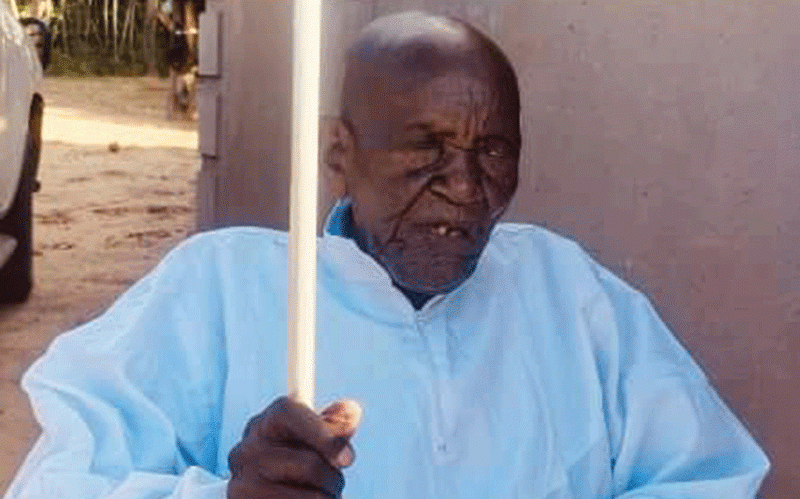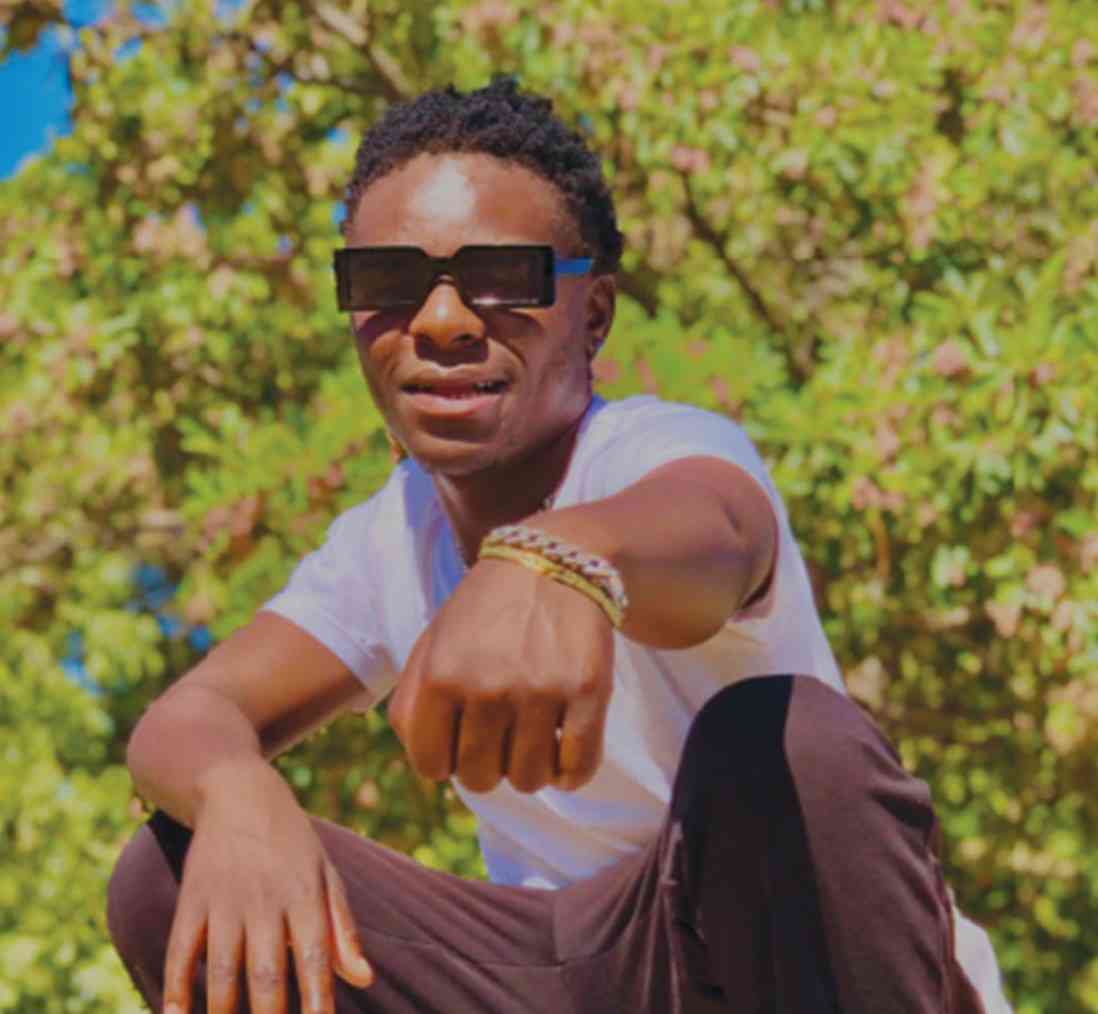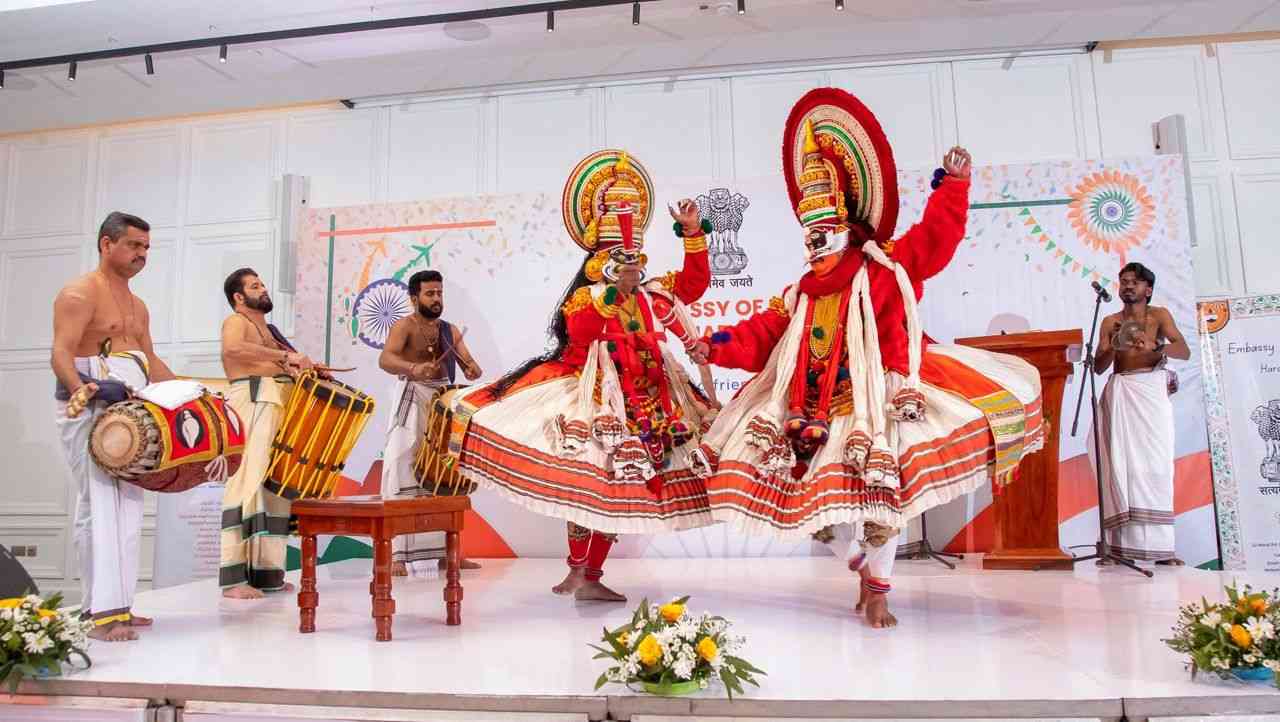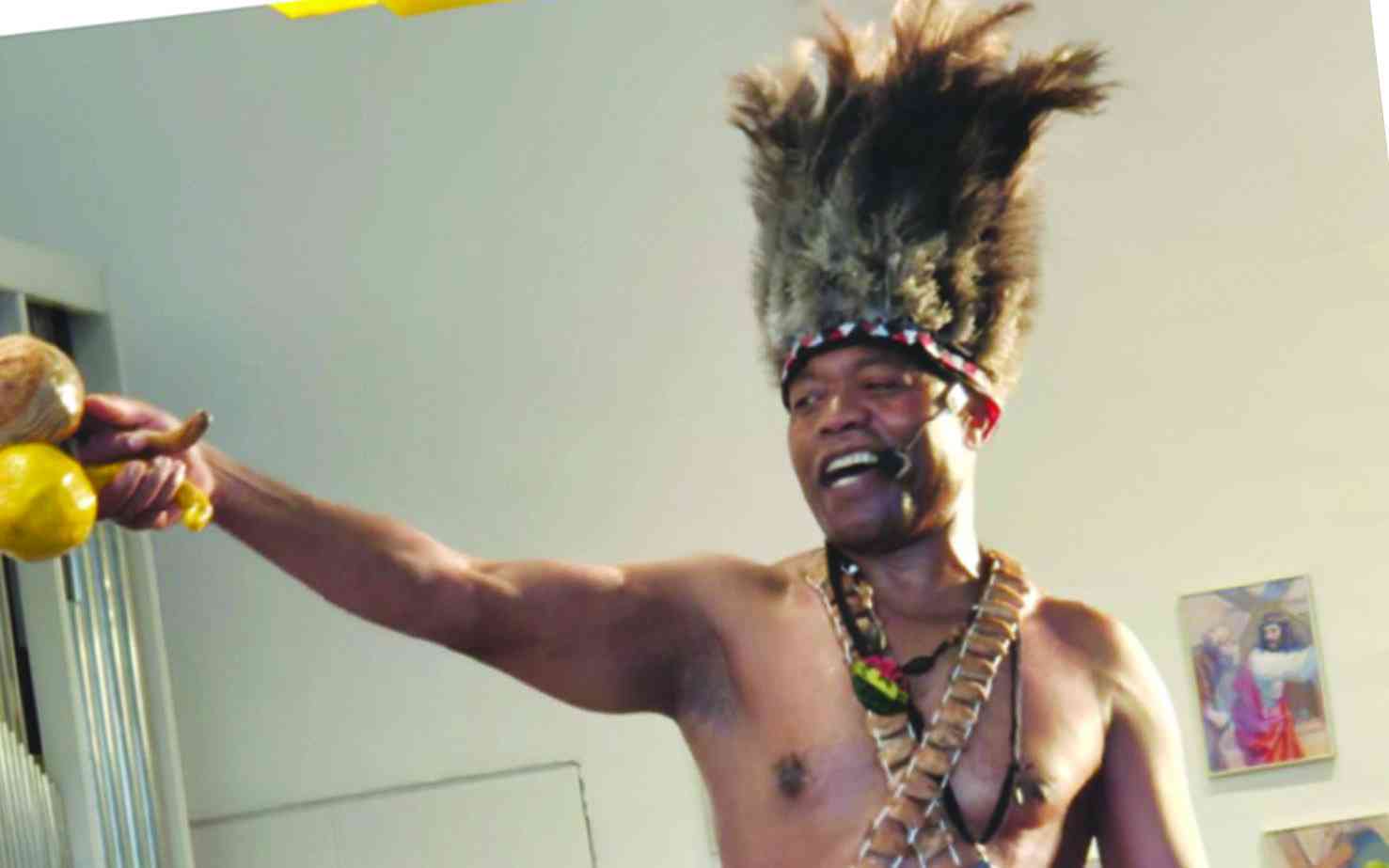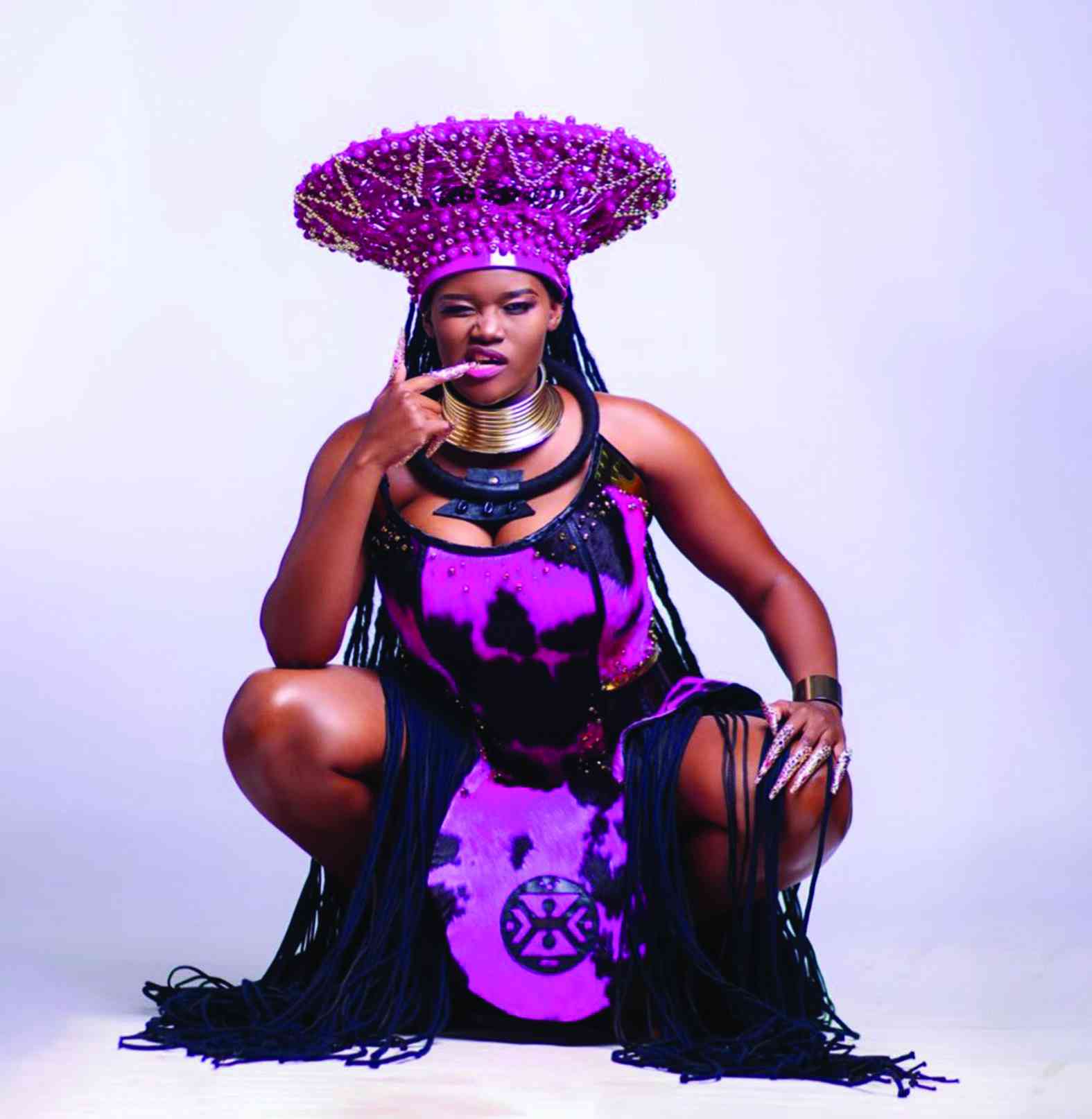
AWA Khiwe, born Awakhiwe Sibanda in Nkayi, Zimbabwe, has become one of the most influential female rappers from the country.
Her rise in the music industry is not just about skill and talent, but also about resilience, cultural pride and breaking barriers.
She has redefined Zimbabwean hip-hop by rapping in Ndebele, embracing her identity, and using her platform to challenge societal norms.
Africa Women Arise — A name with a purpose
Awa Khiwe’s stage name, AWA, stands for Africa Women Arise, a powerful statement about her mission to uplift women and fight against oppression.
Her music is deeply rooted in themes of empowerment, particularly for African women, who often face systemic challenges in the entertainment industry and society at large.
From the beginning, she has used her voice to address gender inequality, poverty, and the struggles of marginaliaed communities.
Unlike many artists who shy away from controversial topics, she has been fearless in speaking truth to power, whether through her lyrics or her activism.
- Rapper AWA brews social medial storm
- Rapper AWA brews social medial storm
- The rise of Awa Khiwe: The Rap Gandanga of Zim hip-hop
Keep Reading
Fighting tribalistic tropes
As a proud Ndebele artiste, Awa Khiwe has challenged tribal stereotypes and pushed back against the dominance of Shona-language music in Zimbabwe’s mainstream hip-hop scene.
Historically, many Ndebele artistes have struggled for equal recognition in the industry, often sidelined by language politics and historical tensions.
Rather than conforming, Awa Khiwe embraced her identity and turned it into her strength.
By rapping in Ndebele on global platforms, she has not only preserved her cultural heritage but also shown that music transcends language barriers.
She has become a voice for unity, rejecting divisions and calling for mutual respect among Zimbabwe’s diverse ethnic groups.
Achievements and global recognition
Awa Khiwe’s career took a significant leap when she moved to Germany, where she gained access to international platforms and collaborations.
She signed with Outhere Records, a German label that helped her push her music globally.
Some of her most notable achievements include:
Breakout single — Ngeke Bengimele: This song became a viral hit, showcasing her energetic delivery, sharp lyricism, and cultural fusion of hip-hop with traditional African sounds.
Performances on international stages: She has performed at major festivals across Europe, including the Pop-Kultur Festival in Berlin and ZimFest Live in the United Kingdom.
Collaborations with global artistes: She has worked with producers and musicians from different parts of the world, blending Zimbabwean hip-hop with international styles.
Recognition as a cultural ambassador: Awa Khiwe is not just a musician; she represents Zimbabwean culture on a global stage, bringing visibility to Ndebele heritage through her artistry.
Advocacy for women and social justice: She continues to use her platform to advocate for women’s rights, inspiring young girls to pursue their dreams despite societal challenges.
She appeared in an episode of Noisy — AWA is probably the only artiste we haee in Zimbabwe that I know of that has been on Noisy.
Legacy and influence
Awa Khiwe’s rise is proof that talent, authenticity, and determination can break any barrier.
She has set a precedent for young Zimbabwean artists who want to embrace their culture without feeling pressured to conform to industry expectations.
Through her work, she has proven that Zimbabwean hip-hop is not monolithic — it is diverse, multilingual and globally relevant.
Her success is a victory not just for her but for every artist who has ever been told that their identity is a limitation.
As she continues to grow, Awa Khiwe remains a symbol of resilience, pride, and artistic excellence.
Whether in Zimbabwe, Europe, or beyond, her voice will continue to echo as a force for change.
Criticism of AWA
In many spaces I have been in, people have admitted that AWA has bars on bars, but she is often silent for too long and releases singles in a spaced format.
Many have challenged that if she is to really wear the stripes of “rap gandanga”, then she should give us a catalogue!
I kind of agree. — If she is reading this, “We love you, give us an album sis’ — Pretty please.”

